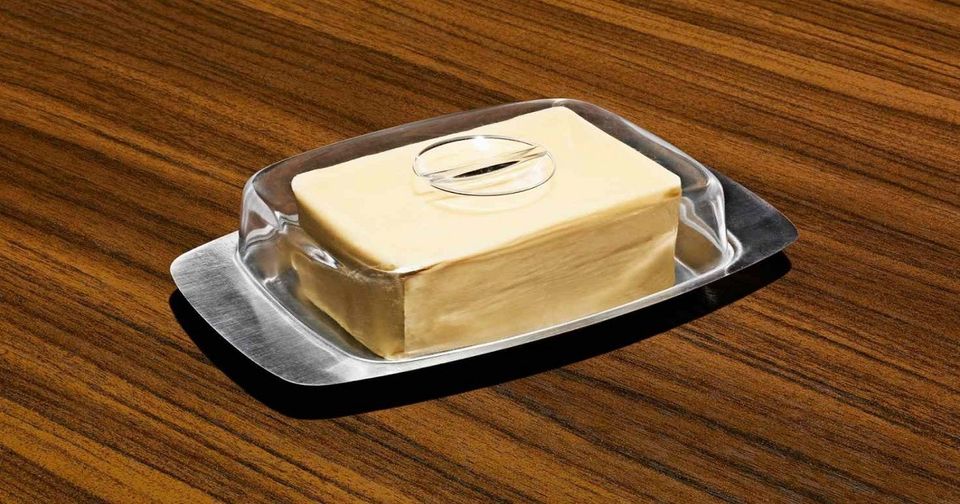The Safety of Leaving Butter Out
The short answer is that yes, it is generally safe to leave butter out on the counter for a limited time, but there are some important considerations:
- Type of Butter:
The type of butter matters. Salted butter has a longer shelf life than unsalted butter due to the presence of salt, which acts as a preservative. Salted butter can be left out for about a week to two weeks without significant risk, whereas unsalted butter should be consumed more quickly, ideally within a week. - Temperature:
Butter should be kept at room temperature, which is ideally between 65°F and 70°F (18°C to 21°C). If your kitchen is particularly warm, it might be best to store butter in the refrigerator to prevent it from becoming overly soft or greasy. - Container:
Storing butter in a covered container or a butter dish with a lid is crucial. This prevents exposure to light and air, which can lead to oxidation and rancidity. Keeping it covered also protects it from contaminants and odors from other foods. - Duration:
The general guideline is to avoid leaving butter out for extended periods. If you’re not using it regularly, it’s better to keep it refrigerated. Even if it’s safe for a week or so, if you notice any off smells or discoloration, it’s best to discard it.
How to Store Butter Safely
If you prefer to keep butter on the counter, here are some tips for safe storage:
- Choose a Suitable Location: Store butter in a cool, dark place away from direct sunlight and heat sources like stoves or ovens.
- Use a Butter Bell: Consider using a butter bell or a similar container designed for leaving butter out. These typically keep butter submerged in water, which helps maintain freshness and prevents bacteria growth.
- Monitor Usage: If you’re not using butter daily, it might be safer to store it in the refrigerator and only take out small amounts as needed.
Conclusion
In conclusion, leaving butter out on the counter can be safe if done correctly. By considering the type of butter, the temperature, the storage container, and the duration it remains out, you can enjoy soft, spreadable butter without compromising safety. If you ever have doubts about the quality or safety of your butter, it’s always better to err on the side of caution and store it in the refrigerator. After all, fresh, delicious butter is worth taking care of!
Pages: 1 2




